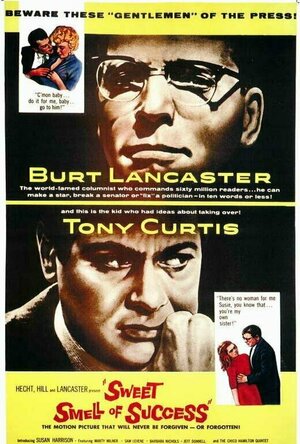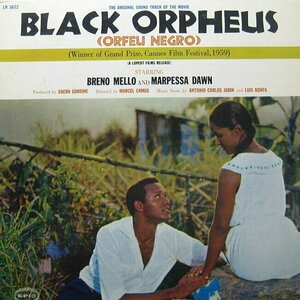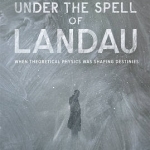
Under the Spell of Landau: When Theoretical Physics Was Shaping Destinies
Book
This invaluable collection of memoirs and reviews on scientific activities of the most prominent...

Paul Atterbury's Wonder Book of Trains: A Boy's Own World of Railway Nostalgia
Book
Paul Atterbury's Wonder book of Trains establishes the sense of excitement and wonder in the world...
Survival City: Adventures Among the Ruins of Atomic America
Book
On the road to Survival City, Tom Vanderbilt maps the visible and invisible legacies of the cold...
Jasper Johns
Edith Devaney, Roberta Bernstein, Hiroko Ikegami and Morgan Meis
Book
Jasper Johns (b.1930) is regarded as one of the most influential American artists of the last sixty...
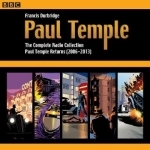
Paul Temple: The Complete Radio Collection: Paul Temple Returns (2006-2013): Volume 4
Full Cast, Francis Durbridge, Crawford Logan and Gerda Stevenson
Book
Paul Temple lives again in these five complete radio dramas starring Crawford Logan as Paul and...

Sax's Dangerous Properties of Industrial Materials
Book
Since its publication in the 1950s, this important resource is considered the bible by those who...
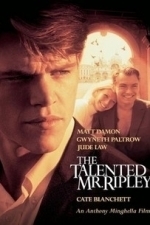
The Talented Mr. Ripley (1999)
Movie Watch
To be young and carefree amid the blue waters and idyllic landscape of sun-drenched Italy in the...
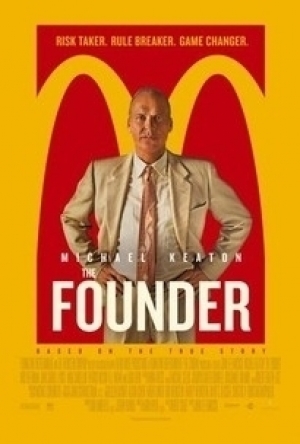
The Founder (2017)
Movie Watch
The true story of how Ray Kroc (Michael Keaton), a struggling salesman from Illinois, met Mac (John...

